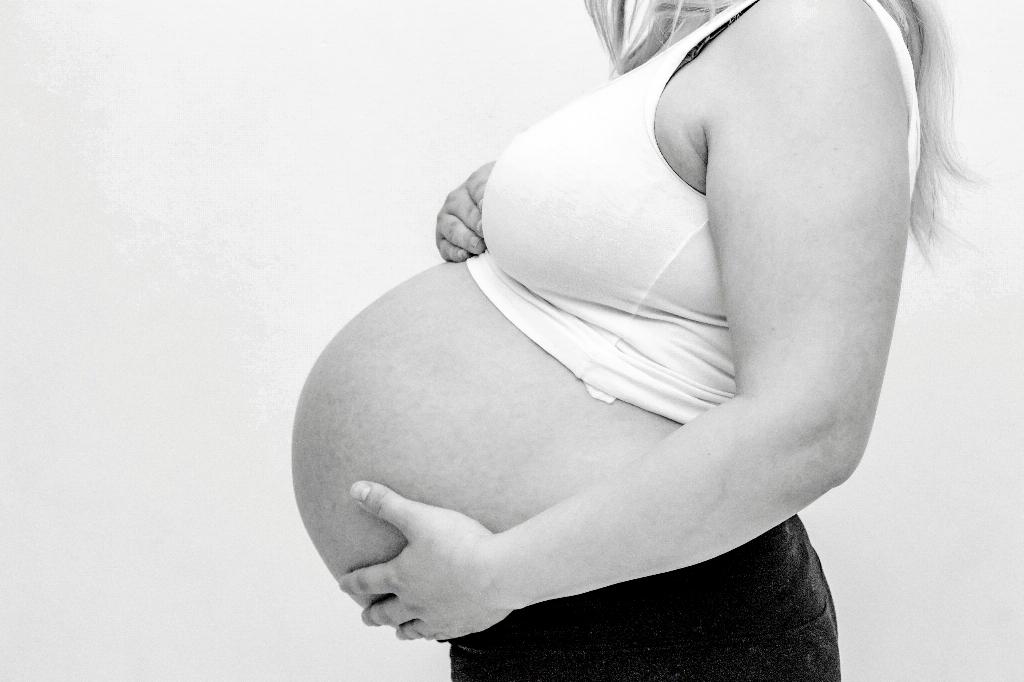As a woman navigates the beautiful journey of pregnancy, she might encounter various challenges on her path. One of these obstacles that often goes unnoticed is pregnancy burnout. This phenomenon occurs when the pressures of work, expectations, and lack of control start to take a toll on an expectant mother, leading to emotional and physical exhaustion.
During pregnancy, women are not just carrying the physical weight of their growing baby but also the weight of concerns about their job security and career prospects. The fear of losing their job due to pregnancy-related issues or struggling to maintain a work-life balance can significantly contribute to the development of pregnancy burnout.
Job strain, a common factor in pregnancy burnout, arises when the demands of a woman’s job exceed her perceived ability to cope with them. This can lead to heightened levels of stress, anxiety, and overall discontentment with work. The sense of not having control over one’s workload or responsibilities can further exacerbate the feelings of burnout.
Work-related stress during pregnancy can manifest in various ways, affecting not only the mother’s mental well-being but also her physical health. Symptoms of pregnancy burnout may include chronic fatigue, irritability, trouble sleeping, and a general feeling of overwhelm. These signs should not be overlooked, as they can impact both the mother and the baby’s health.
It’s essential for expectant mothers experiencing pregnancy burnout to seek support from their employers, healthcare providers, and loved ones. Open communication about their struggles and limitations can help in creating a supportive environment that fosters understanding and empathy towards their situation.
Employers also play a crucial role in preventing pregnancy burnout by offering flexible work arrangements, providing maternity leave benefits, and creating a work culture that promotes a healthy work-life balance. By acknowledging the challenges faced by pregnant employees and implementing supportive policies, organizations can contribute to preventing burnout.
Self-care practices are equally vital for pregnant women experiencing burnout. Engaging in relaxation techniques, prioritizing rest, eating nutritious foods, and seeking counseling or therapy can all help in managing stress levels and promoting overall well-being during this sensitive period.
Pregnancy burnout is a real and valid concern that many expectant mothers face in today’s fast-paced and demanding work environment. By recognizing the signs, seeking support, and taking proactive steps towards self-care, women can navigate this challenging phase with resilience and strength, ultimately ensuring the well-being of both themselves and their unborn child.

